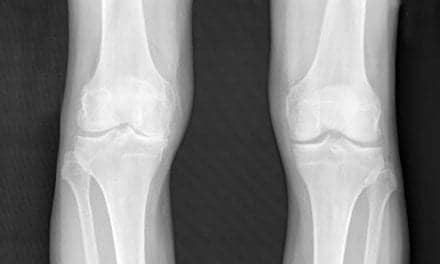A study published in the Journal of Neurotrauma shines the spotlight on a new test using peripheral vision reaction time that, according to the study’s author, may help lead to earlier diagnosis and more effective treatment for mild traumatic brain injury (TBI).
While most patients with mild traumatic brain injury or concussion fully recover, a significant number do not, and earlier diagnosis could lead to better management of patients at risk for developing persistent symptoms, notes Peter J. Bergold, PhD, and co-authors, according to a media release from SUNY Downstate Medical Center.
Lingering symptoms may include loss of concentration and/or memory, confusion, anxiety, headaches, irritability, noise and light sensitivity, dizziness, and fatigue.
“Mild traumatic brain injury is currently diagnosed with subjective clinical assessments,” says Bergold, professor of physiology and pharmacology at SUNY Downstate Medical Center.
“The potential utility of the peripheral vision reaction test is clear because it is an objective, inexpensive, and rapid test that identifies mild traumatic brain injury patients who have a more severe underlying injury,” adds Bergold, the study’s lead author, in the release.
[Source(s): SUNY Downstate Medical Center, Newswise]





